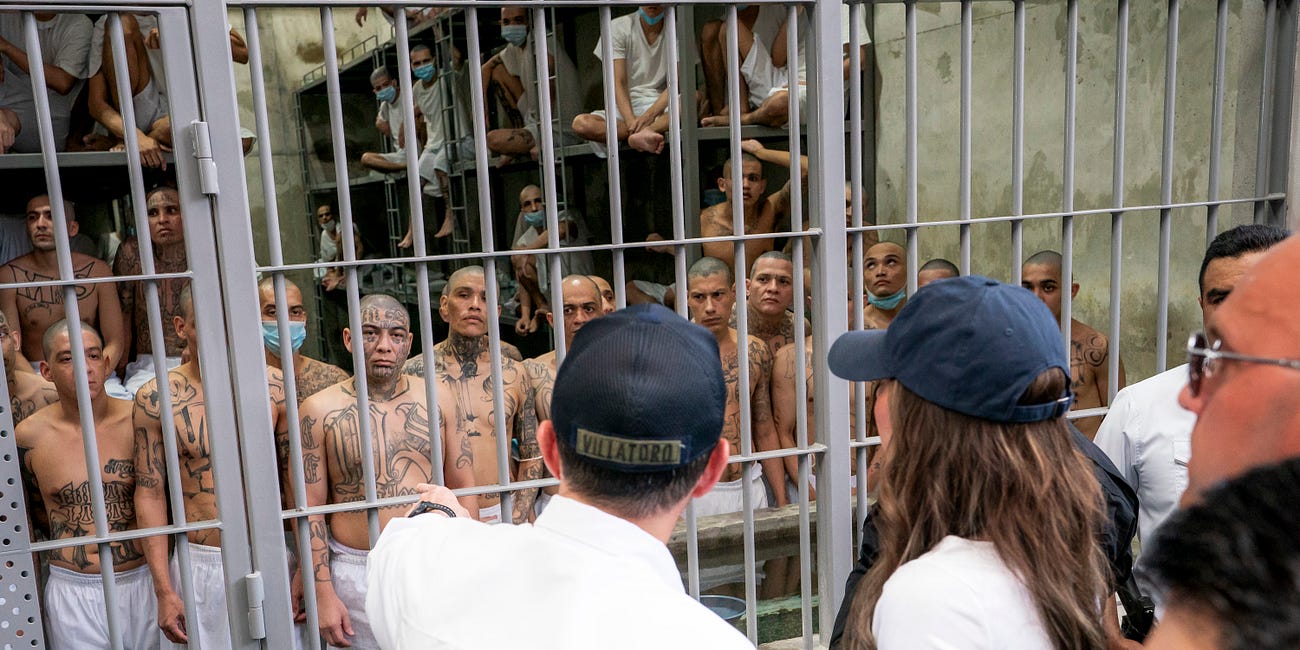ADDENDUM M: Enemy Combatants in the Domestic Information Space – Restoring Executive Preemption over Judicial Adjudication
Slippery Slope? I've been censored and threatened my whole adult life: grow up!
https://en.wikipedia.org/wiki/Pallywood
Read Part 1:
Invasion USA
Issue PresentedThanks for reading Autodidact Obsessions! Subscribe for free to receive new posts and support my work.
I. Introduction
This addendum addresses a strategic and constitutional breakdown: the inability of the U.S. Executive to act swiftly against domestic actors who, while physically unarmed, serve as propaganda combatants for designated Foreign Terrorist Organizations (FTOs) or enemy states.
Under existing law and doctrine, individuals such as Jackson Hinkle—who has appeared publicly with Hezbollah and amplifies its messaging to millions—continue to operate under full constitutional protection, even while functioning in an enemy capacity.
This scenario exemplifies a broader problem identified in prior Addenda: the judicial capture of national defense policy, whereby the President is unable to act preemptively even in the face of open alignment with foreign adversaries. The judiciary has inserted itself as the gatekeeper of wartime enforcement, obstructing the use of national defense authority within U.S. territory.
II. Legal and Constitutional Framework
A. Article II – Commander-in-Chief Power
The President holds plenary authority to act against enemies, including within U.S. borders, when hostile action or alignment is detected.
In The Prize Cases, 67 U.S. 635 (1863), the Court affirmed: “The President is not only authorized but bound to resist force by force... without waiting for special legislative authority.”
In Ex parte Quirin, 317 U.S. 1 (1942), the Court held that enemy agents, even U.S. citizens acting in coordination with foreign powers, may be treated as unlawful enemy combatants without civilian trial.
B. AUMF (2001) and Material Support Statutes
Under 18 U.S.C. § 2339B, it is a federal offense to knowingly provide material support to a designated FTO, including services, communications, and nonviolent propaganda.
In Holder v. Humanitarian Law Project, 561 U.S. 1 (2010), the Court clarified that First Amendment protections do not shield speech or training coordinated with FTOs. Such acts constitute material support under federal law.
C. Hamdi v. Rumsfeld, 542 U.S. 507 (2004)
The Court recognized the government's power to detain U.S. citizens designated as enemy combatants, while affirming that limited due process must still apply.
Together, Quirin, Hamdi, and Holder establish that the Executive may detain, remove, or otherwise neutralize individuals aiding enemy actors, even without overt armed engagement.
III. Case Study: Domestic Propagandist as Enemy Combatant
A. Jackson Hinkle is a U.S. citizen and high-profile online personality with millions of followers.
B. His conduct includes:
Public promotion of propaganda on behalf of Hezbollah, the Houthis, and pro-Russian disinformation networks;
Personal appearances with designated FTO affiliates;
Dissemination of strategic messaging aligned with enemy objectives, including undermining U.S. legitimacy, boosting enemy morale, and destabilizing U.S. allies.
C. These activities fulfill multiple criteria for material support under 18 U.S.C. § 2339B and constitute:
Non-kinetic operational support to enemy combatants;
Psychological operations aligned with adversarial goals;
Recruitment and morale amplification on behalf of designated enemies of the United States.
IV. Structural Failure: Judicial Adjudication of Enemy Activity
A. Despite alignment with enemy entities, the Executive is constitutionally barred from detaining or removing such individuals without prior judicial adjudication.
B. Combatant designation must survive:
Habeas corpus litigation;
Multiple tiers of judicial review;
Intense political and media scrutiny.
C. The individual enjoys greater procedural protections than an ordinary U.S. criminal defendant due to overlapping First Amendment presumptions and judicial precedents originally crafted in the context of immigration or non-combatant detention, including Zadvydas v. Davis, Boumediene v. Bush, and Jennings v. Rodriguez.
D. The President is thus effectively paralyzed—unable to act against domestic enemy propagandists without court approval, even during wartime or national emergency.
V. Comparative Inequity Between Citizens and Enemy Combatants
A. U.S. citizens arrested under ordinary criminal statutes may be detained pretrial with limited due process and no presumption of immunity.
B. Illegal aliens affiliated with FTOs must receive a full civil hearing before removal and may invoke constitutional protections despite their unlawful presence.
C. U.S. citizens functioning as enemy propagandists may not be detained or restricted unless coordination with the FTO is proven to the satisfaction of a court, under a high evidentiary standard.
D. The result is an inversion of legal risk:
Foreign-aligned enemies gain legal insulation through court-imposed proceduralism;
The Executive is stripped of its ability to act on intelligence or operational necessity without judicial preclearance.
VI. Conclusion and Constitutional Remedy
A. The Executive must be authorized to:
Designate individuals as enemy propagandists or digital combatants based on intelligence findings, open-source behavior, or strategic coordination;
Detain or restrict such individuals under Article II powers, particularly when they function as agents of an FTO’s information or recruitment apparatus.
B. The courts must not act as wartime gatekeepers. The precedent set in Quirin and Hamdi allows:
Summary designation subject to limited review;
Pre-trial military or administrative detention of enemy actors;
A due-process framework that is proportionate to the national security threat, rather than absolutist and rights-maximalist in character.
VII. Recommendation
A. Congress and the Executive should jointly:
Reaffirm the applicability of Quirin and Hamdi to modern, non-kinetic enemy combatants operating in the digital or propaganda domains;
Amend the Authorization for Use of Military Force (AUMF), or enact supplemental legislation, to expressly include foreign propaganda operations and coordination with FTOs as triggers for combatant designation;
Codify Executive discretion to detain or remove such individuals—prior to completion of civilian adjudication—where foreign allegiance, enemy alignment, or material support is evident.
B. The nature of war has changed. The Constitution provides the tools for national defense, including flexible application of Article II powers. Courts must not obstruct those tools with peacetime proceduralism. The judicial veto over defense operations must be rescinded before constitutional sovereignty is rendered nonfunctional.



